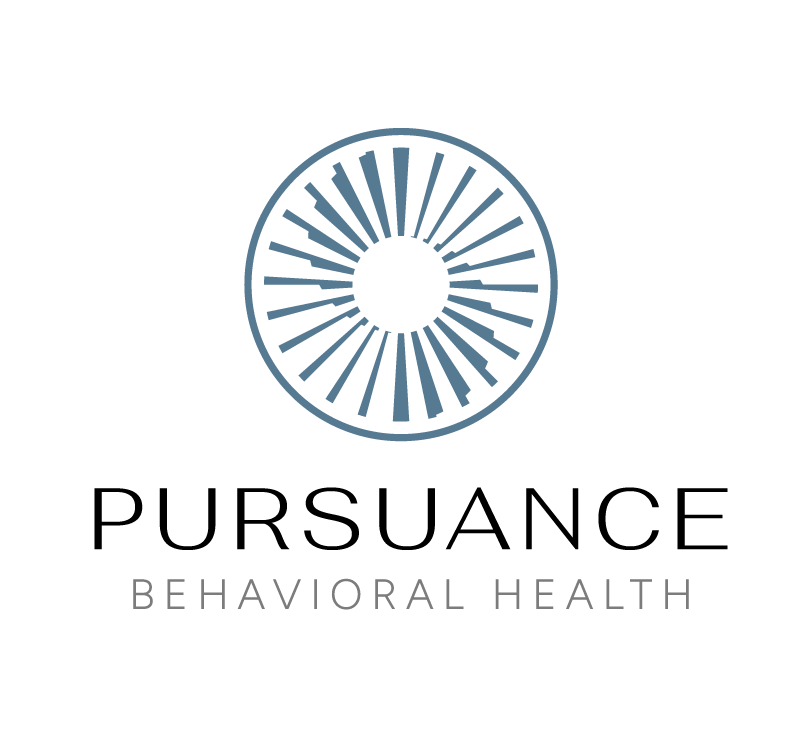Navigating the turbulent waters of dual diagnosis can often feel like an overwhelming challenge. Dual diagnosis refers to the coexistence of both a mental health disorder and a substance use disorder in an individual. The interplay between these conditions can create a complex puzzle that requires a tailored approach to treatment. Understanding Dual Diagnosis Mental …
Navigating the turbulent waters of dual diagnosis can often feel like an overwhelming challenge. Dual diagnosis refers to the coexistence of both a mental health disorder and a substance use disorder in an individual. The interplay between these conditions can create a complex puzzle that requires a tailored approach to treatment.
Understanding Dual Diagnosis
Mental health conditions and substance use disorders frequently intersect. According to the National Institute on Drug Abuse (NIDA), about half of those who experience a mental illness will also experience a substance use disorder at some point in their lives facts and statistics. This statistic underscores how prevalent dual diagnosis is, making it crucial for individuals facing these challenges to receive comprehensive care.
The Interconnection of Mental Health and Substance Use
There are several reasons why mental health disorders and substance use disorders co-occur:
- Self-Medication: Individuals who struggle with mental health issues may turn to drugs or alcohol to alleviate their symptoms. For instance, someone with anxiety might use alcohol to relax.
- Shared Risk Factors: Genetic, environmental, and neurobiological factors can predispose individuals to both mental health disorders and substance abuse.
- Overlap in Neurobiology: Brain regions implicated in mood regulation are often the same areas affected by substance use, leading to intertwined patterns of behavior and dependency.
Challenges of Dual Diagnosis
Dual diagnosis presents unique challenges:
- Complex Treatment Needs: Concurrent disorders can exacerbate each other, requiring an integrated treatment approach that addresses both conditions simultaneously.
- Increased Severity: Symptoms may be more severe and persistent, necessitating more intensive and prolonged interventions.
- Stigma: The dual burden of mental health issues and substance use disorder often carries a social stigma that can deter individuals from seeking help.
Effective Strategies for Dual Diagnosis Treatment
When facing dual diagnosis, it’s essential to adopt a multidimensional treatment strategy. Here’s how we at Pursuance Behavioral approach it:
- Integrated Treatment Plans: Our programs are designed to treat both mental health and substance use disorders concurrently. This holistic approach ensures that neither condition is neglected.
- Personalized Care: We tailor our treatment plans to meet the unique needs of each individual, recognizing the distinct ways in which different disorders and substances can interact.
- Therapeutic Modalities:
- Cognitive Behavioral Therapy (CBT): Useful for both mental health disorders and substance abuse, CBT helps individuals understand the thoughts and feelings that influence behaviors.
- Dialectical Behavior Therapy (DBT): Particularly effective with co-occurring disorders, DBT focuses on building skills to manage emotions, improve relationships, and withstand distress.
- Medication Management: Appropriate pharmacological treatment can stabilize mental health symptoms, making it easier to address substance use.
- Support Systems: Encouraging participation in support groups provides individuals with community and accountability, promoting long-term recovery.
Pursuance Behavioral’s Approach
At Pursuance Behavioral, our philosophy is grounded in empathy, respect, and evidence-based practices. We understand the intricate dynamics of dual diagnosis and have structured our inpatient programs to provide comprehensive support.
Features of Our Inpatient Programs:
- 24/7 Care and Supervision: Ensuring a safe environment where individuals can focus entirely on their recovery.
- Experienced Staff: Our team of mental health professionals, addiction specialists, and therapists work collaboratively to deliver the highest standard of care.
- Therapeutic Milieu: A therapeutic environment that fosters healing and growth through structured activities and positive social interactions.
- Family Involvement: Including family in the treatment process to repair relationships and build a supportive home environment post-discharge.
Steps to Take
If you or someone you know is struggling with a dual diagnosis, taking the right steps can lead to a successful journey to recovery:
- Seek Professional Help: Understanding and treating dual diagnosis requires professional intervention. Trust in the experience and expertise of our team at Pursuance Behavioral.
- Commit to Integrated Treatment: Focus on programs that simultaneously address mental health and substance use disorders for the best outcomes.
- Engage in Aftercare: Continued support and maintenance therapy play crucial roles in long-term recovery.
Get Mental Health & Substance Abuse Treatment in Massachusetts Today
Confronting a dual diagnosis can be daunting, but with the right support and treatment plan, recovery is not only possible but probable. As you navigate this journey, remember that you are not alone. We at Pursuance Behavioral are here to walk with you every step of the way.
Dual Diagnosis in Mass With Pursuance Behavioral Health
If you or a loved one are struggling with a mental health disorder and substance use disorder, don’t wait to seek help. Pursuance Behavioral offers specialized inpatient mental health treatment programs in Massachusetts tailored to meet the unique needs of individuals facing dual diagnosis. Our compassionate care team is dedicated to providing you with the tools and support needed for a successful recovery. Contact us today to learn more about our programs and take the first step towards a healthier, sober life.













